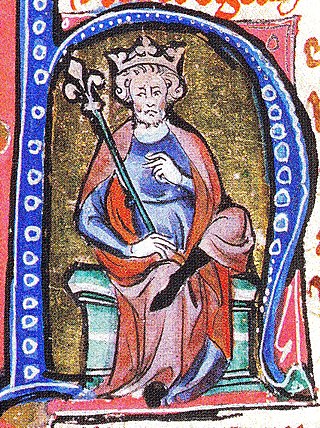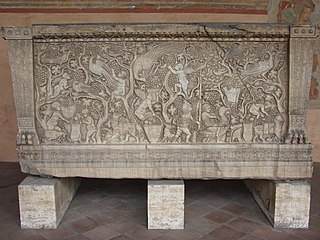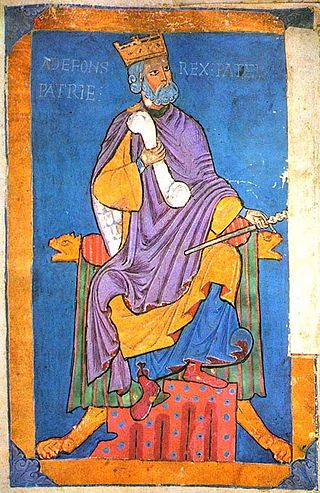This article needs additional citations for verification .(March 2019) |
| Millennium: | 2nd millennium |
|---|---|
| Centuries: | |
| Decades: | |
| Years: |
| 1059 by topic |
|---|
| Leaders |
| Birth and death categories |
| Births – Deaths |
| Establishments and disestablishments categories |
| Establishments – Disestablishments |
| Gregorian calendar | 1059 MLIX |
| Ab urbe condita | 1812 |
| Armenian calendar | 508 ԹՎ ՇԸ |
| Assyrian calendar | 5809 |
| Balinese saka calendar | 980–981 |
| Bengali calendar | 465–466 |
| Berber calendar | 2009 |
| English Regnal year | N/A |
| Buddhist calendar | 1603 |
| Burmese calendar | 421 |
| Byzantine calendar | 6567–6568 |
| Chinese calendar | 戊戌年 (Earth Dog) 3756 or 3549 — to — 己亥年 (Earth Pig) 3757 or 3550 |
| Coptic calendar | 775–776 |
| Discordian calendar | 2225 |
| Ethiopian calendar | 1051–1052 |
| Hebrew calendar | 4819–4820 |
| Hindu calendars | |
| - Vikram Samvat | 1115–1116 |
| - Shaka Samvat | 980–981 |
| - Kali Yuga | 4159–4160 |
| Holocene calendar | 11059 |
| Igbo calendar | 59–60 |
| Iranian calendar | 437–438 |
| Islamic calendar | 450–451 |
| Japanese calendar | Kōhei 2 (康平2年) |
| Javanese calendar | 962–963 |
| Julian calendar | 1059 MLIX |
| Korean calendar | 3392 |
| Minguo calendar | 853 before ROC 民前853年 |
| Nanakshahi calendar | −409 |
| Seleucid era | 1370/1371 AG |
| Thai solar calendar | 1601–1602 |
| Tibetan calendar | 阳土狗年 (male Earth-Dog) 1185 or 804 or 32 — to — 阴土猪年 (female Earth-Pig) 1186 or 805 or 33 |

Year 1059 ( MLIX ) was a common year starting on Friday of the Julian calendar.







